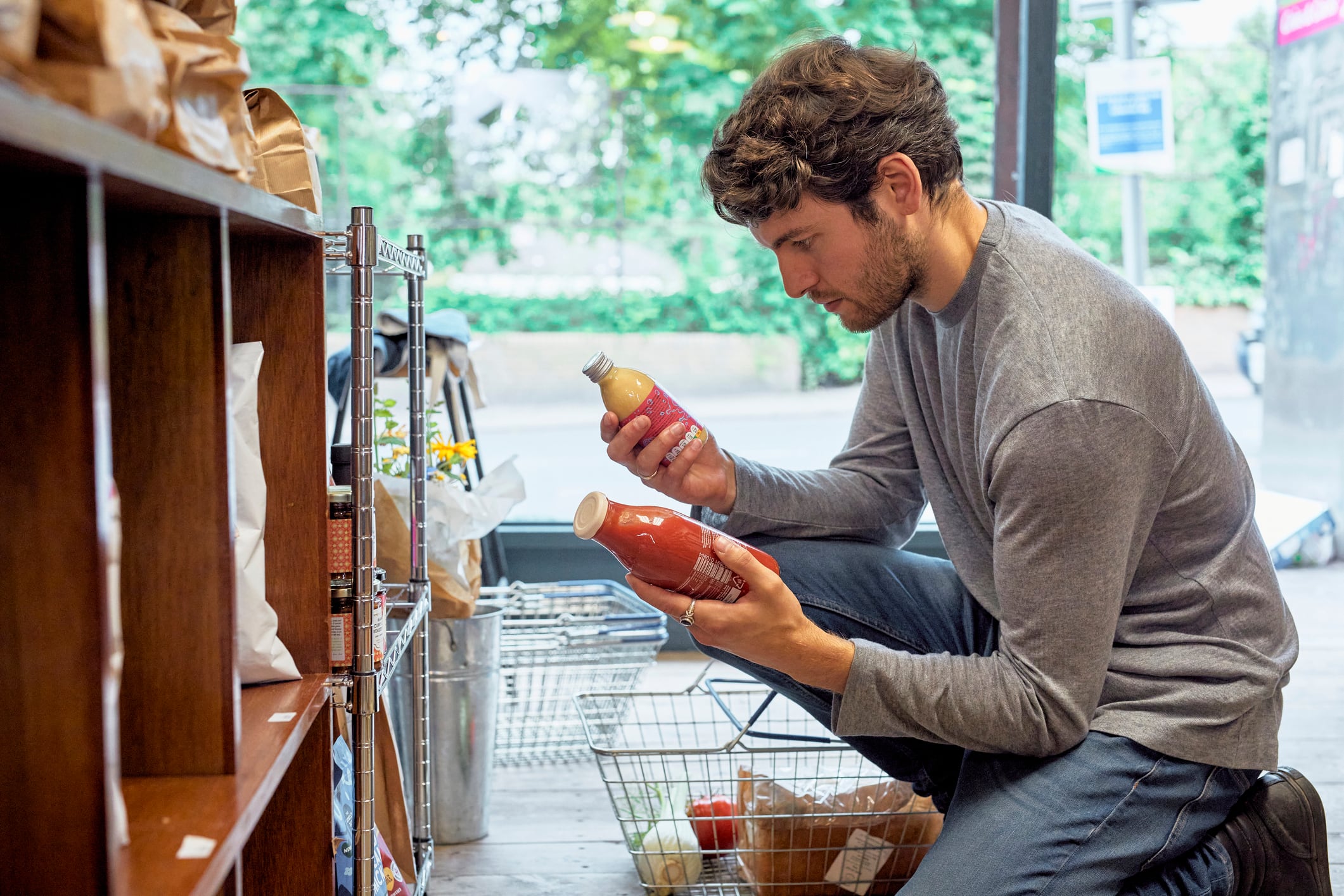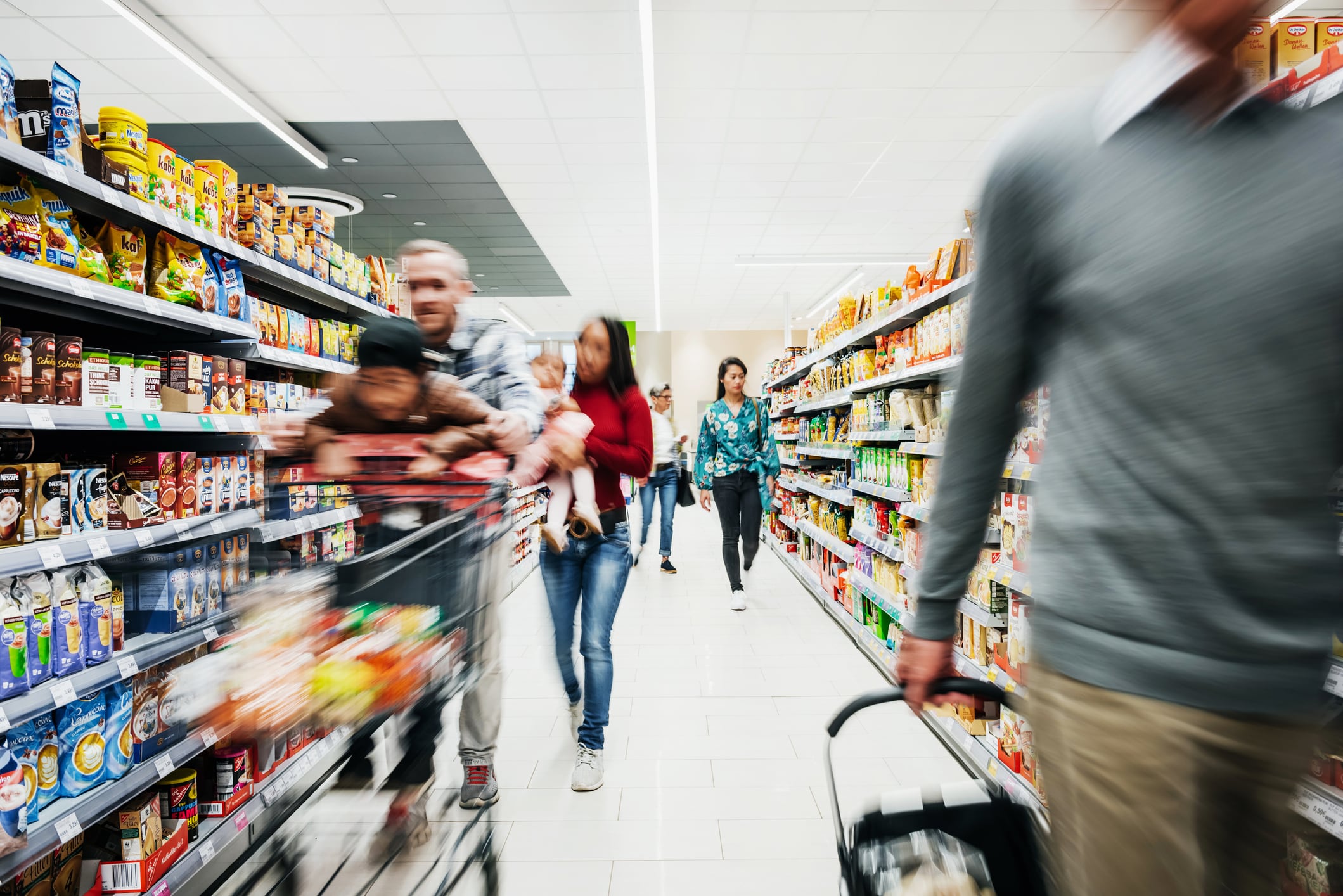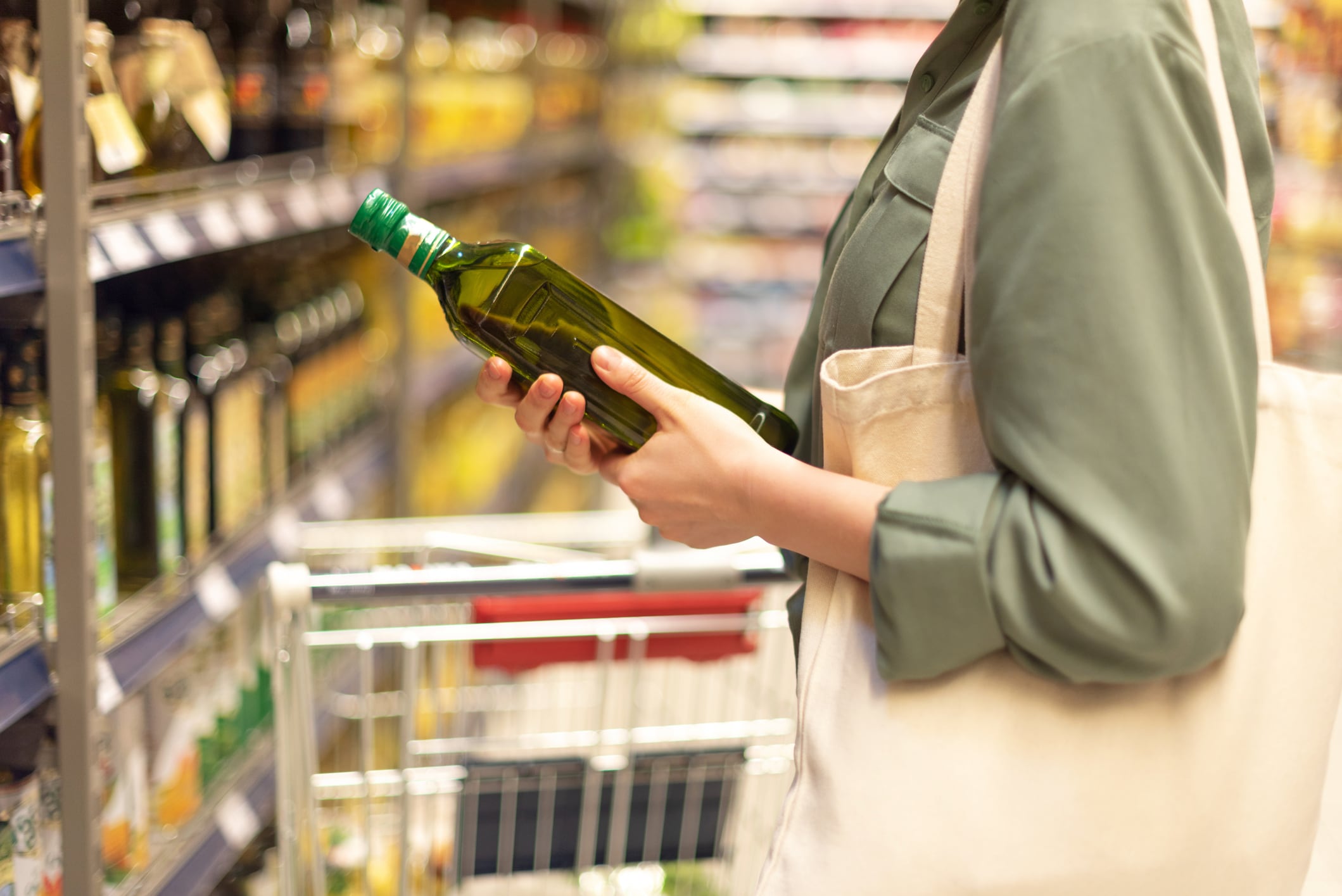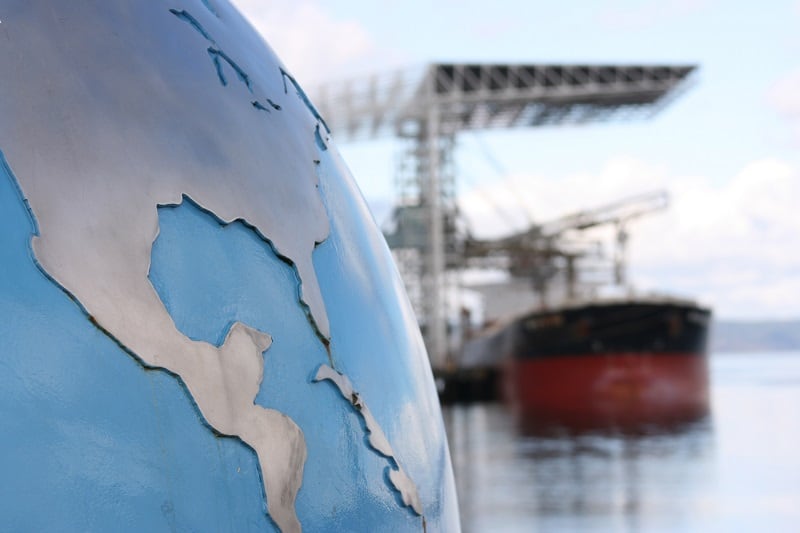Carrefour’s business strategy is explicit: by 2026 it will operate under a strong omnichannel principle with an offensive stance in a market dominated by inflation and climate change.
The behemoth boasts over €80bn in sales and holds over 14,000 stores across eight countries. In three – Brazil, France and Spain – it is the market leader.
Though it leads in Brazil, the France-headquartered giant, which was founded in 1959, dominates in Europe where 11,000 of its stores are based and take 70% of the group’s sales.
Some 80m consumers shop at a Carrefour-owned outlet, generating 8bn transactions that are sustained by over 500,000 staff.
In simple terms, Carrefour is a beast…
Carrefour in numbers
- €80bn in sales
- 8bn transactions
- +14k stores
- 8 countries
- 500k staff
And the beast’s strategy provides key hooks FMCG businesses and brands can use to leverage Carrefour’s attention when working towards a listing with the grocery retail giant.
Private label, for example, is a growth spot for Carrefour. The business has bolstered sales 8% between 2018 and 2022 and is working towards an additional 7% by next year.
Within the private- or own-label space, Carrefour seeks to provide its customers with products ranging from entry level up to premium and new trends. Such trends include organic, vegan, international, ‘family-size’ and more, of which there have been over 500 innovations in recent years.
Like many other successful supermarket private label brands of late, Carrefour requires the following from its own-label brands:
- Clear brand strategy
- Dedicated marketing
- Offer segmentation
- Direct sourcing & purchasing
- Consistent quality evolution
- Dedicated supply chain
Unlike other traditional retailers – and not through lack of trying for many, such as with the UK’s Tesco and its Jack’s chain that was was shuttered in 2022 – Carrefour retains a discounter brand.
As part of a five-year strategy, and within the next year, the business aims to boost its discounter footprint under its Atacadão brand. It plans to launch 200 more across Brazil and France, bringing its total discounter estate to 470.
Carrefour 2026 is a plan to be on the offensive markets marked by inflation and climate change
Alexandre Bompard, CEO, Carrefour
In efforts to remain competitive during a climate crisis, Carrefour is working towards achieving €8bn in sales from products holding sustainable certification – a 40% increase in the four years to 2026.
To do this, it will partner with 50,000 known producers by next year and 7,000 organic producers. It will ramp up focus on plant-based foods, with sales of €500m.
There is also a company expectation to source more fruits and vegetables locally, doubling the produce available sourced 50km or less from stores.
Carrefour’s top 100 suppliers
Its top 100 suppliers must also adopt a 1.5°C trajectory by 2026 as part of the wider business’s desire to significantly limit and reduce its environmental impact. Failure to comply will result in delisting.
Shoring up and strengthening its ecommerce and digital proposition, to make Carrefour a true omnichannel player, will add €10bn of ecommerce to the business by 2026.
Nearly a third of its current customer base will be “omnichannel” customers by 2026, with online shopper numbers increasing from 11% in 2021 to 30% next year.
Digital has become so important to Carrefour that investments will increase to 50% with a €3bn plan in place by 2026.
Investments will focus on bolstering ecommerce, with targets of express delivery in under three hours and quick or rapid commerce providing deliver in 15 minutes or less.
Though digital revenue will also come from non-FMCG areas, such as with retail media and financial services through Carrefour Banque.





